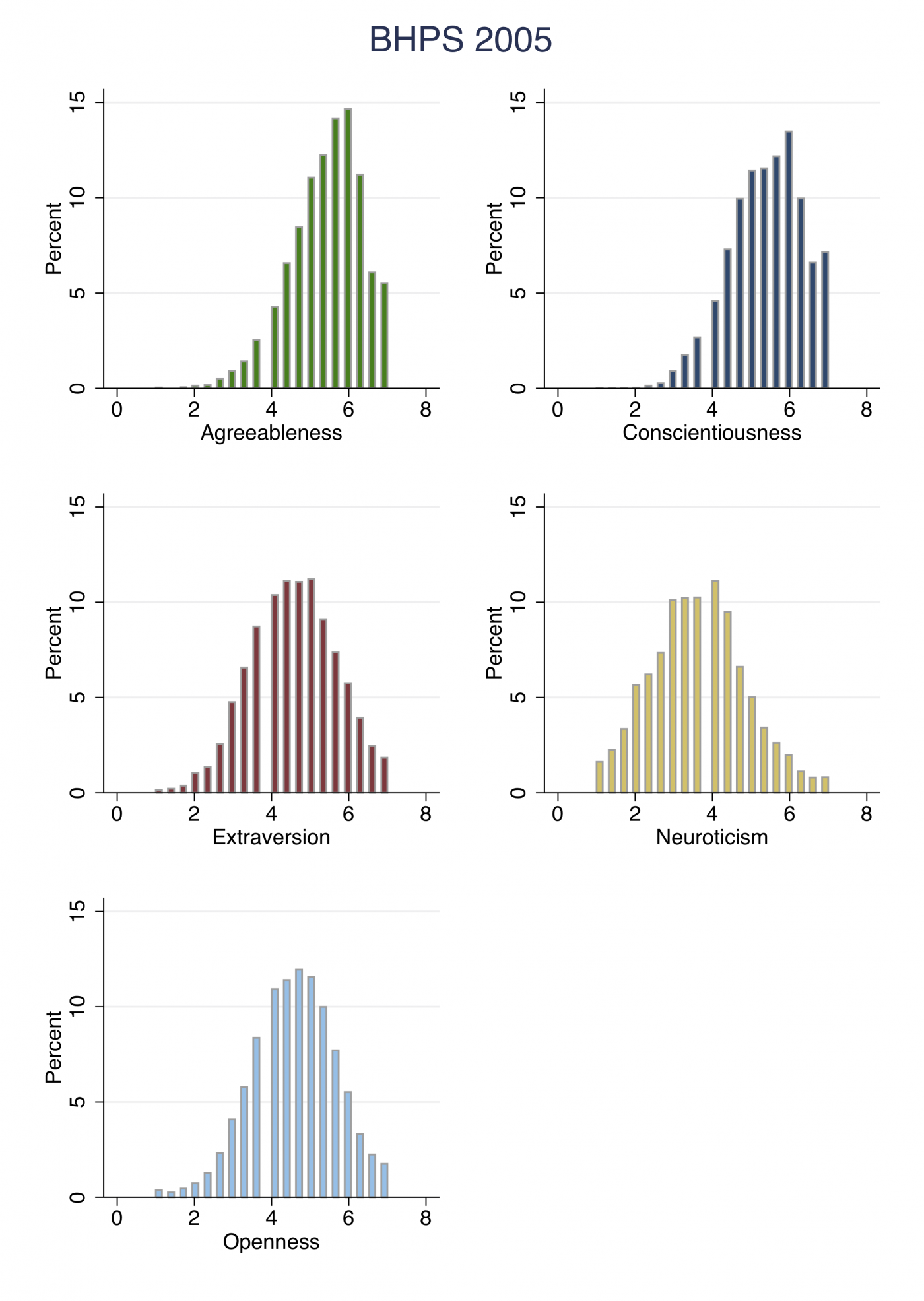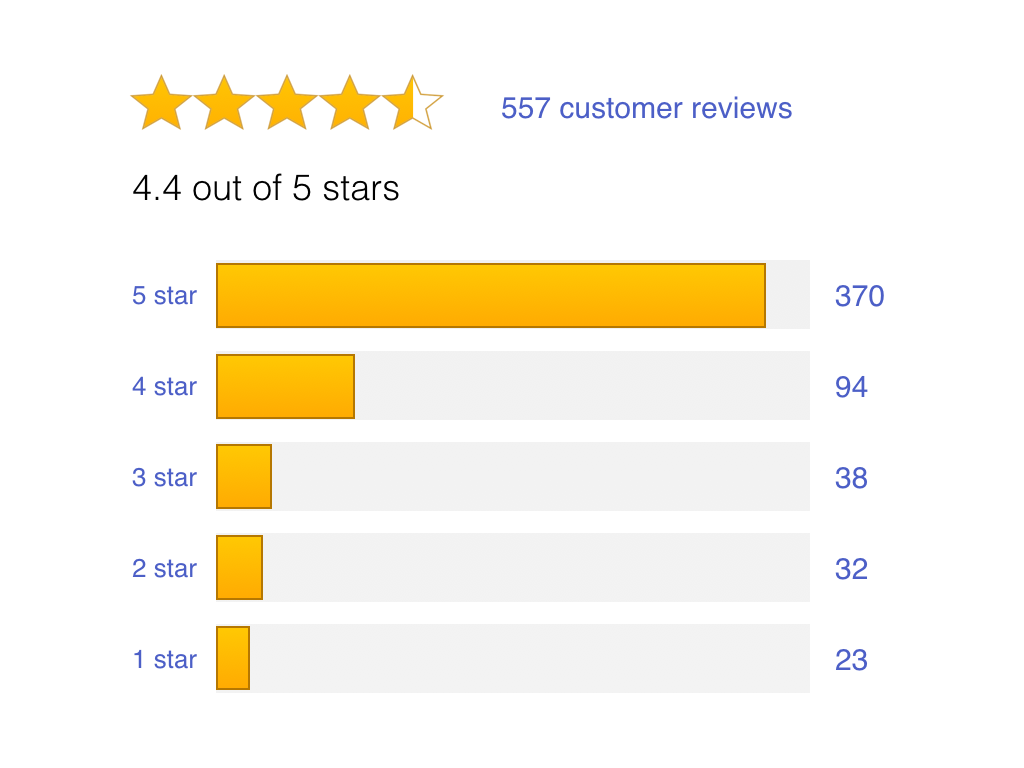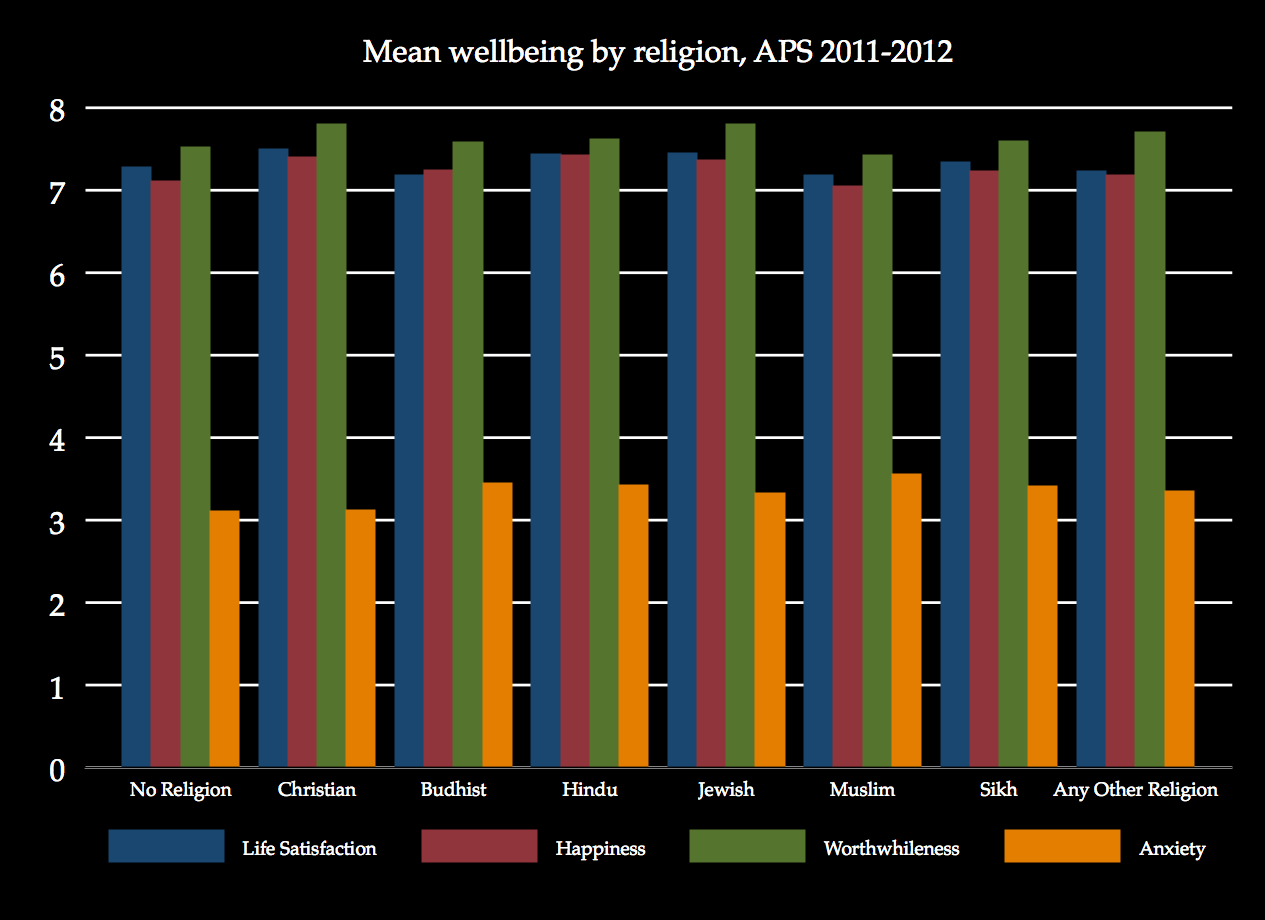Internet retail has been a big deal for quite a number of years now, and is ever-growing as a proportion of retail sales. Many traditional brick-and-mortar stores that were too slow to make the transition have died over the years. But there are a lot of stores that did adapt, and now do both internet sales and traditional in-store sales. Granted, the balance between these two sales channels can be tricky to get right. However, I think some stores at […]
People have been trying to categorise others into different personality types for thousands of years. Hippocrates described four fundamental temperaments (sanguine, choleric, melancholic, phlegmatic) that were thought to be induced by a difference in balance of bodily fluids. Since then, a plethora of other typing systems have been devised, such as the commonly used ‘Myers-Briggs’ system (MBTI). This applies theory based on the work of Carl Jung to create 16 personality types. Meanwhile, more contemporary psychology, which adheres more closely […]
MTV reality relationship shows aren’t really my jam. But after hearing about ‘Are You The One?’ and giving it a go, I was completely enthralled. If you can look past the portions with excessive drama and annoying editing, as is typical of these shows, what is left is a logical matching puzzle combined with an interesting insight into human mating behaviour. The concept The show has a fairly simple premise. Individuals apply to the show, answering questions and revealing the […]
I’ve written about Steam quite a bit before, because it is such an interesting testing ground for both economics and psychology (other than the fact I enjoy playing games on the PC). The digital marketplace in general breaks a lot of the traditional rules and restrictions that markets were assumed to have. Today, I want to focus on one small aspect – refunds. The changing nature of game selection A lot has changed in the games industry, given its mass […]
The five-star review system you find on most websites today is inherently flawed if you want information about how good something actually is. Famously, on websites like Amazon, there is a ‘J-shaped’ distribution of review scores. That is, there is a small mass of 1-star reviews; relatively few 2-star, 3-star, and 4-star reviews; and a huge mass of 5-star reviews. This, on it’s own, means that most reviews are somewhat useless. But, when you remember that some of these reviews […]
In 1999, Ted O’Donoghue and Matthew Rabin published a paper in the American Economic Review that, 8 years later, would serve as the catalyst for my interest in Behavioural Economics. For the longest time, economists had recognised that people place a lower weight on things that happen later in the future than things that happen sooner. The problem was that the way in which this was represented mathematically, although simple and convenient, suggested that people would behave consistently about the […]
I tend to shy away from discussions of a religious nature, because there is usually not much objective information exchanged. The only way, I say to myself, that I would touch the topic, is if there was actually some evidence that was not purely subjective or opinion-oriented in nature. However, I thought of an empirical question that interested me: does being religious and actively engaging in religious activity actually make people any better off in terms of their wellbeing than […]
In 1981, Daniel Kahneman, along with his long-time sidekick Amos Tversky, wrote a study about a very smart experiment they did that exposed the lack of attention people give base-rates in quick mental probability calculations. It is now quite famous, and you might come across it in a mathematics, economics or psychology course these days. The Experiment A cab was involved in a hit and run accident at night. Two cab companies, Green and Blue, operate in the city. You […]








